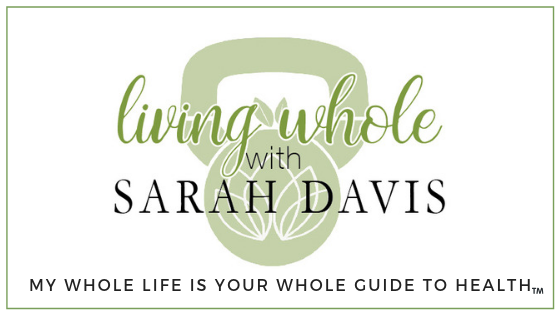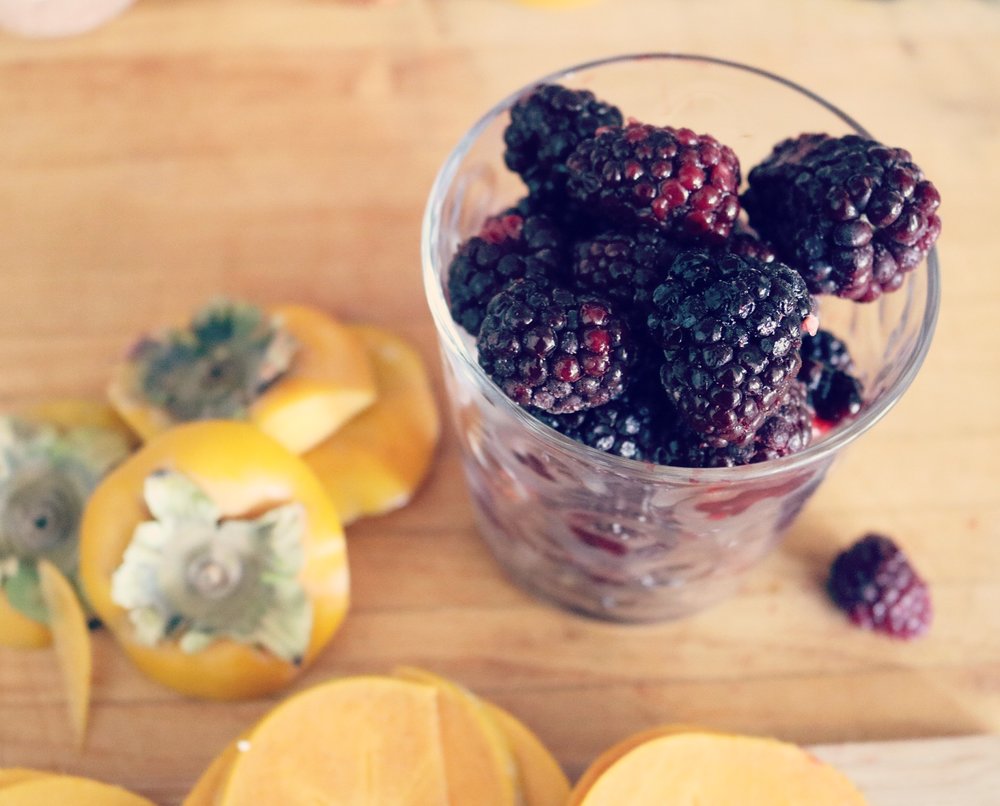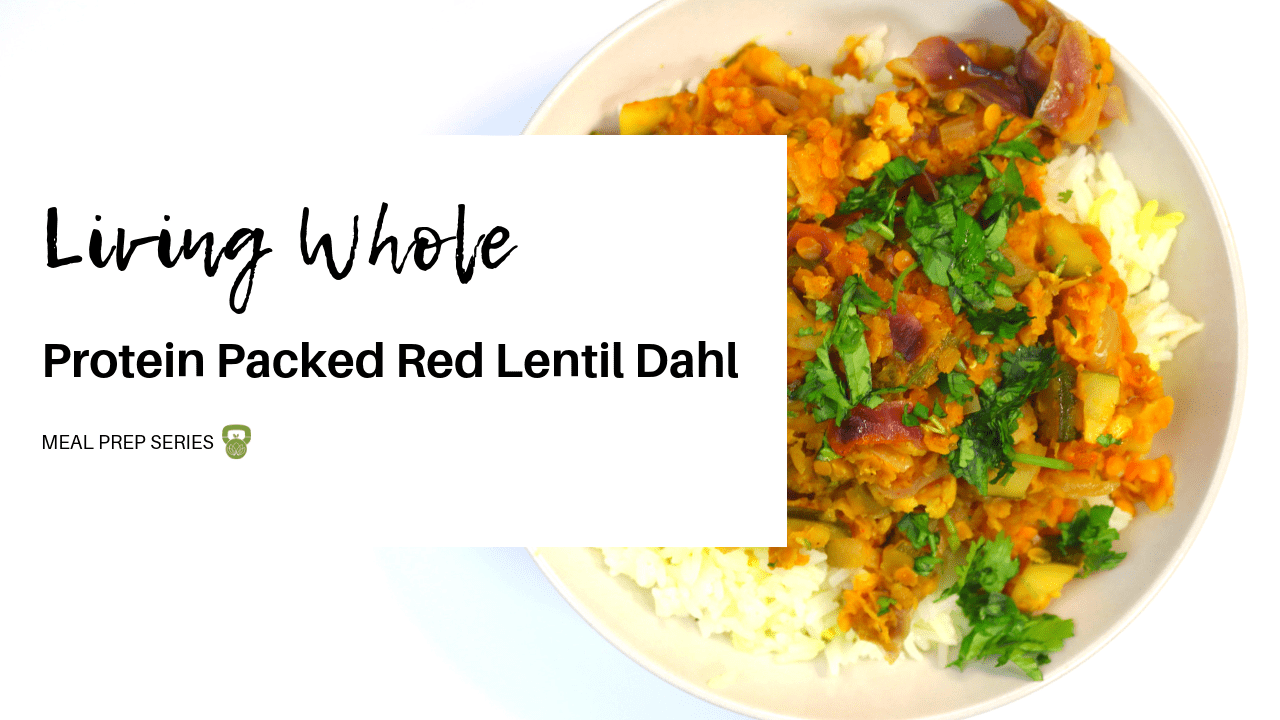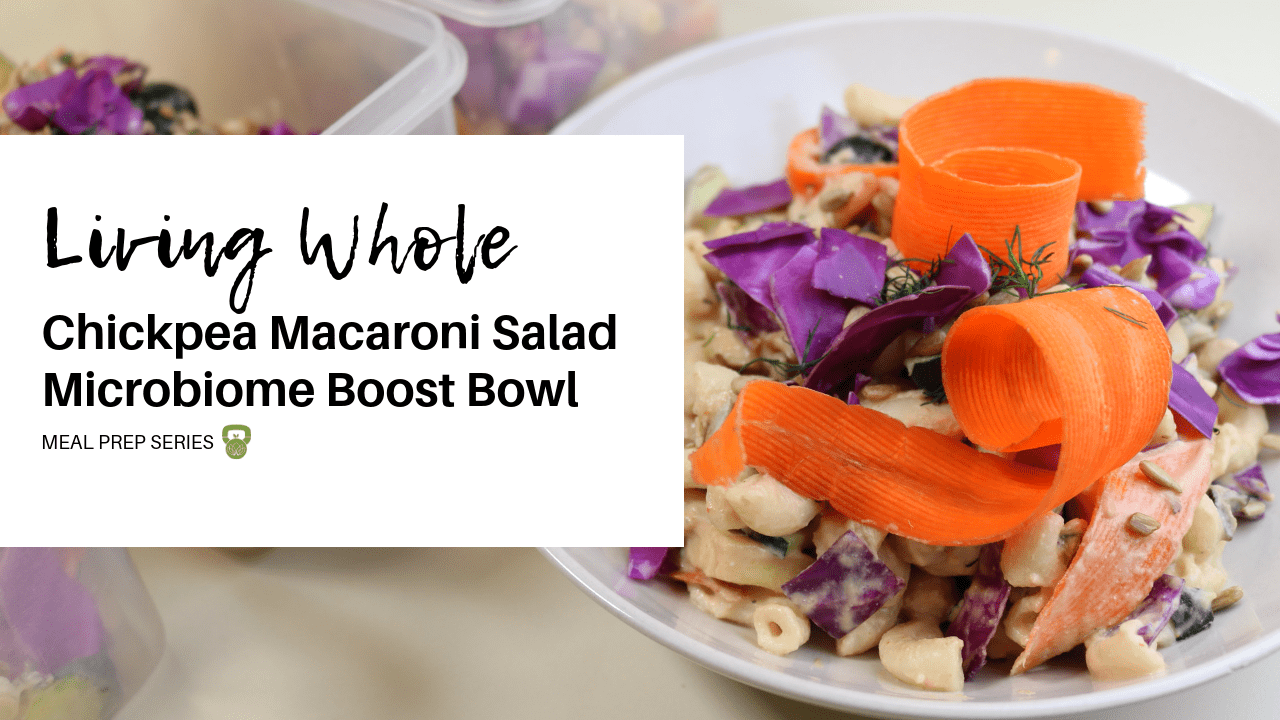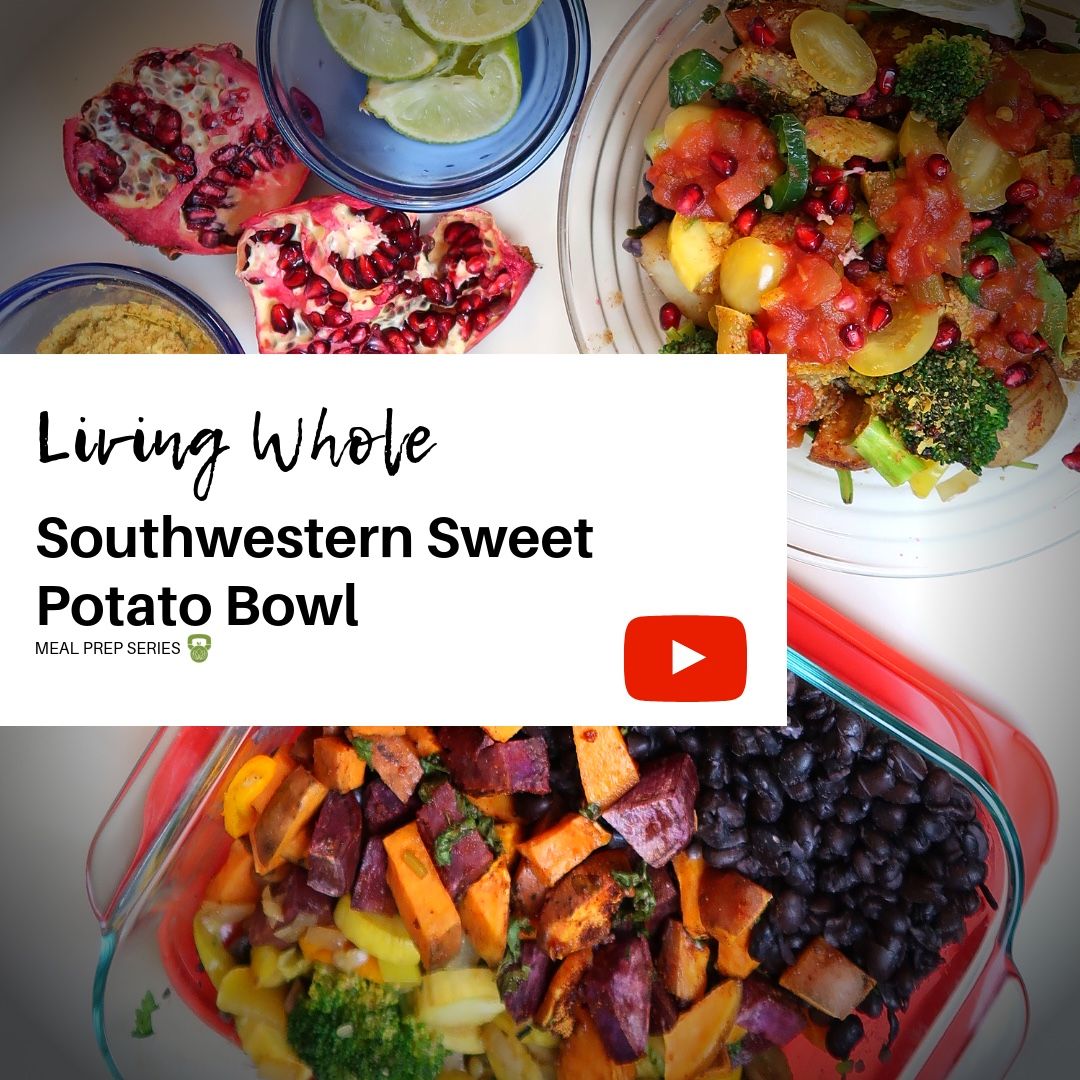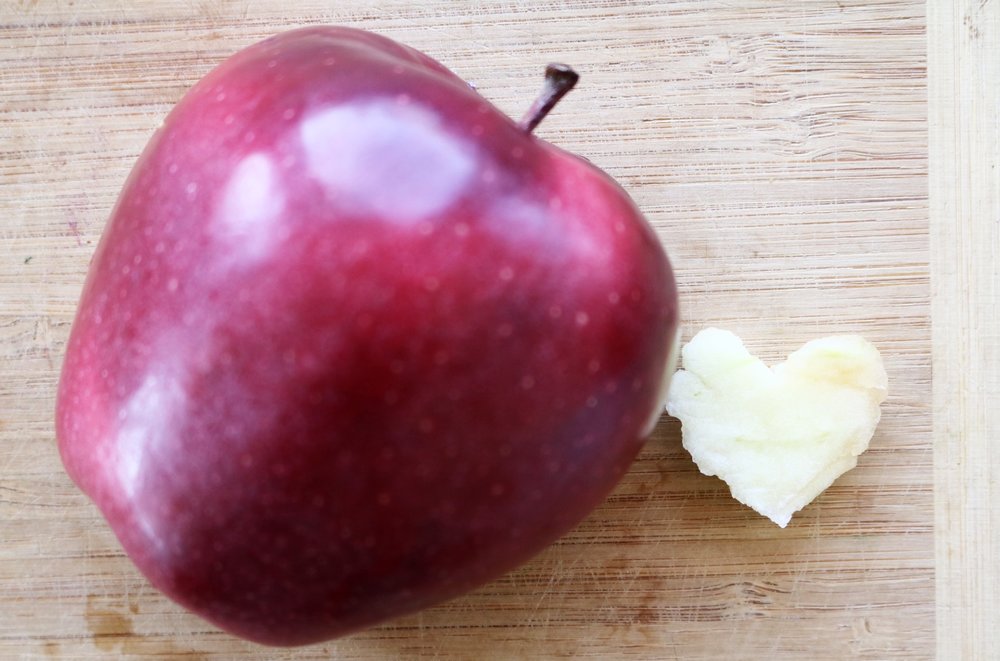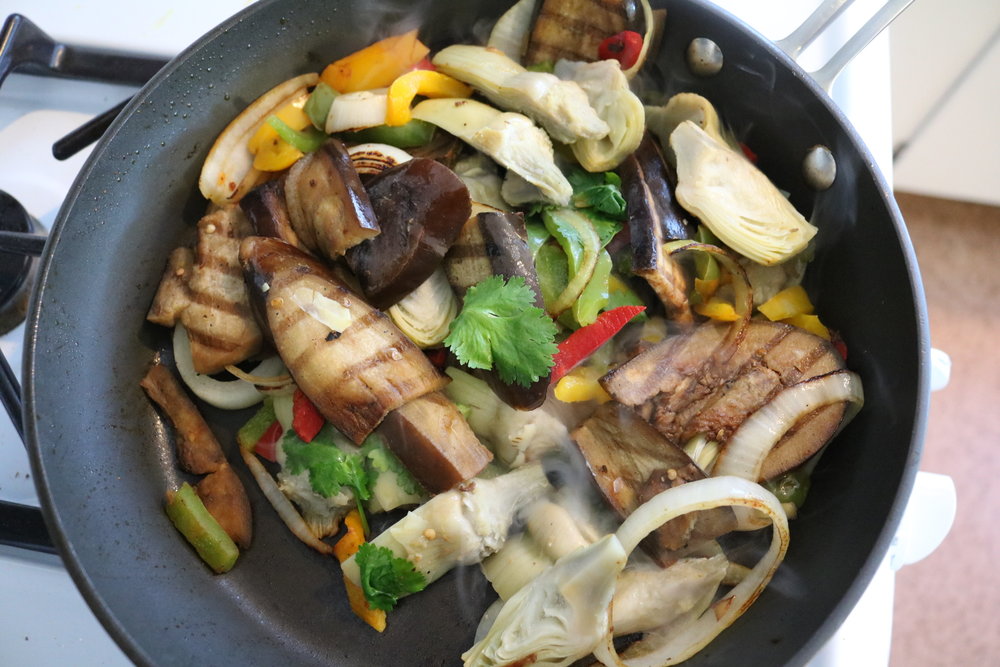Vitamins & how to EAT them.
Getting the right balance of vitamins and minerals will improve your energy levels, immune system, and mood. Though taking a vitamin supplement in the morning can be expensive and difficult to remember.. you can easily get the nutrients you missed with what you eat on a daily basis. Research has even shown more efficacy in getting your vitamins through food because the body is better at absorbing vitamins when consumed in plant form.
Vitamin A
Why you need it: plays a key role in immunity, reproductive health, and vision.
What to eat: The highest concentration of vitamin A is found in sweet potatoes; but spinach, carrots, and most orange produce contain it. The orange hue comes from the beta-carotene.
Vitamin B6
Why you need it: B6 is actually referencing six different compounds that metabolize foods, help form hemoglobin, stabilize blood sugar, and make antibodies that fight disease.
What to eat: Chickpea, or garbanzo bean. One cup of canned chickpeas contains 1.1 mg of vitamin B6, or 55% of your DV.
Vitamin C
Why you need it: Very important antioxidant and factor in metabolism and the synthesis of neurotransmitters.
What to eat: Sweet red peppers actually contain more of the vitamin than any other food, but citrus is a good place to start if you enjoy oranges in the morning. Other good sources include kiwi fruit, broccoli, brussels sprouts, and cantaloupe.
Calcium
Why you need it: It is the most abundant mineral in the body and helps fortify teeth and bones. Calcium is also important in blood vessel and muscle function, cell communication, and hormone secretion.
What to eat: Dark, leafy greens, bok choy, broccoli, collards, mustard greens, and okra.
Vitamin E
Why you need it: It protects cells from free radicals, boosts immunity, assists in keeping blood vessel function optimal, and clotting normalized.
What to eat: Wheat germ oil packs more vitamin E than any other food source but sunflower seeds and almonds are good sources as well.
Folate
Why you need it: Essential for pregnant women to prevent birth defects. For everyone else in normal day to day body processes its helpful in the formation of new tissues and proteins.
What to eat: Dark leafy green vegetables, fruit, nuts, and spinach is pretty plentiful. Folic acid, the man-made form of folate is added to many breads, cereals, and grains.
Iron
Why you need it: It is used in transport of oxygen and new cellular growth.
What to eat: Lentils and beans are excellent sources of non-hem iron. There are two types: heme-iron (derived from animals and carries not so great health harming characteristic) and non-heme (derived from plant based sources).
Vitamin K
Why you need it: Crucial for blood coagulation, or also know as blood clotting. Without it.. well you can imagine.
What to eat: Green, leafy vegetables are the best source with kale carrying the highest concentration. Other sources include turnip, mustard, and beet greens.
Lysine
Why you need it: It is an amino acid that helps the body absorb calcium and form collagen for bones and connective tissue. It also plays a role in the production of carnitine, a nutrient that helps regulate cholesterol levels.
What to eat: Protein rich sources of lysine are nuts, legumes, and soybeans.
Magnesium
Why you need it: Used in over three hundred biochemical reactions ranging from maintaining muscle and nerve function, keeping heart rhythm steady, and keeping bones strong, magnesium is pretty important.
What to eat: Wheat bran has the highest amount of magnesium per serving but other sources of the mineral include almonds, cashews, and green vegetables such as spinach.
Niacin
Why you need it: Niacin is useful in converting food into energy and helps the digestive system, skin, and nerves to function properly.
What to eat: Dried yeast is a top source of niacin, but for peanut butter lovers like my self, I have GREAT news.. peanuts or peanut butter are niacin rich, as well.
Omega-3 fatty acids
Why you need it: These are the GOOD fats I am constantly talking about. They are very healthy in moderation and contribute to brain health. There is also research that shows they may help reduce inflammation.
What to eat: Alpha-linolenic acid (ALA) is found in plant sources such as vegetable oil, green vegetables, avocado, nuts, and seeds.
Potassium
Why you need it: Essential electrolyte, potassium is needed to control the electrical activity of the heart. It is also used to build proteins and muscle, and utilizing metabolic processes to convert carbohydrates into energy.
What to eat: Surprisingly, sweet potatoes contain nearly 700 mg of potassium. Bananas, beet greens, and regular potatoes are also good sources.
Selenium
Why you need it: Antioxidant and only needed in small amounts, selenium plays a big role in preventing chronic disease and thyroid function regulation. It also boosts immune function.
What to eat: Just six Brazil nuts provide 544 mcg of selenium. That’s over 700% of your DV. Too much selenium can actually be harmful, so those few nuts at day are really once to twice a week to meet your body’s needs.
Thiamin
Why you need it: Also known as B1, it helps the body convert carbohydrates into energy. It’s also an important nutrient for keeping the brain and nervous system running optimally.
What to eat: Dried yeast is the best food source for thiamin, but pine nuts and soybeans are sources as well.
